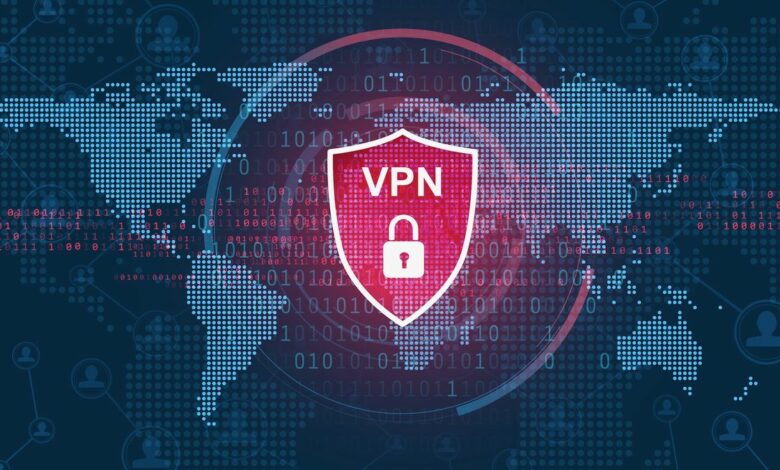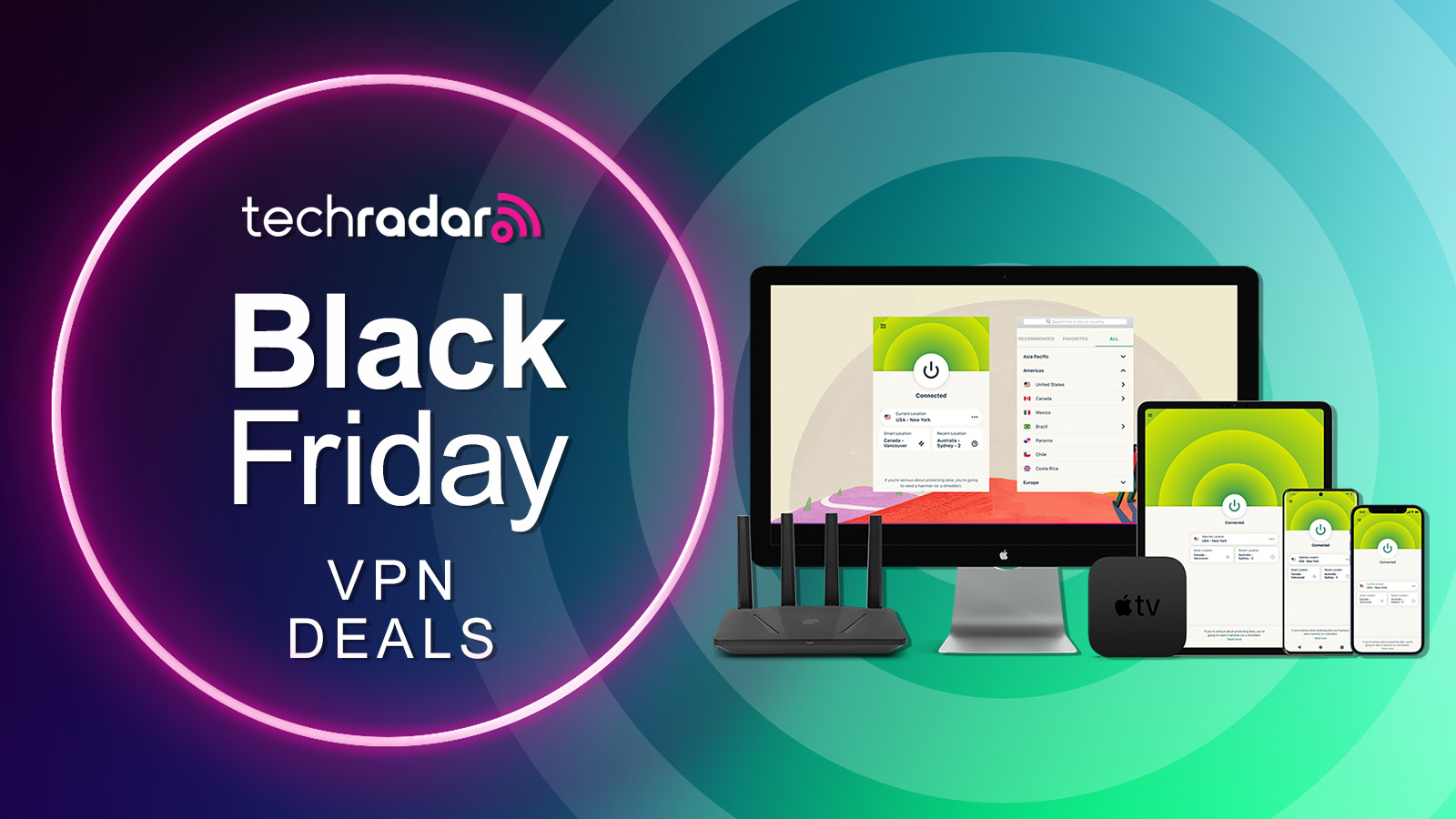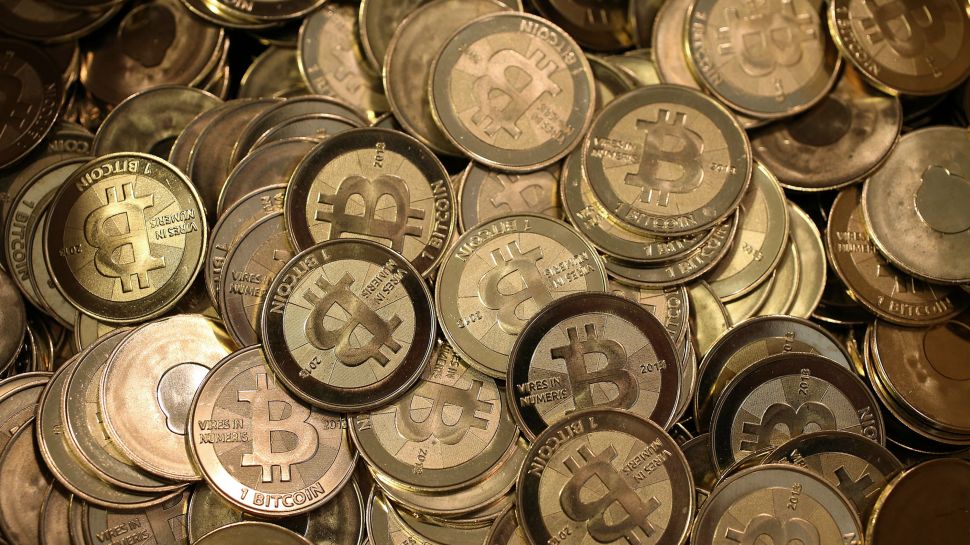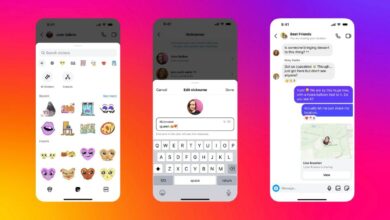Are VPN services legal?

Do you know that?

Black Friday is the time of year to subscribe to a new VPN service, as some of the top providers drop their prices during the biggest shopping season. Check out our Black Friday VPN deals hub to make the most of today’s sales before it’s too late.
VPN demand has never been higher worldwide. The best VPN apps are actually very versatile tools. You can use them to boost your digital privacy, unblock geo-restricted streaming content, and even view sites censored by the government. However, you might wonder if it’s legal to use a VPN to do any of these things.
That’s a good question, especially since VPNs tend to conjure up images of hackers wearing a hoodie and tapping away on a laptop in a coffee shop. However, the truth is not so exciting. A virtual private network (VPN) works by encrypting all your Internet connections to minimize third-party snooping and online tracking. At the same time, it also spoofs your real IP address location to ensure anonymity and grant access to otherwise blocked content.
This latter ability is the main reason why some governments seek to ban or regulate VPN use, preventing citizens from bypassing internet restrictions imposed by authorities. Keep reading as I guide you through everything you need to know.
Who Bans VPNs?
In fact, VPNs work so well that the services have caused a handful of countries to take a hard line against their use.
In some cases, authorities employ strict VPN censorship methods to prevent citizens from using these services – in 2023, China and Iran were the most active on this front. China, Iran, Russia and Turkmenistan also top the censorship list for VPN apps by requiring Google and Apple to block these applications in their countries’ official app stores.
While in some countries there are now laws that strictly regulate its use. For example, Russia passed a law in March banning the dissemination of information about circumvention tools (including VPN). While Pakistan is set to enforce a new policy to tackle ‘unregistered’ VPNs. Iran also recently revived a controversial internet law, which aims to tighten authorities’ control over the internet while endangering VPN use.
At the time of writing, the countries that actively ban or severely restrict VPN use are:
- Belarus
- China
- Egypt
- Iraq
- Myanmar
- North Korea
- Oman
- Russia
- Turkey
- Turkmenistan
- United Arab Emirates
- Pakistan
- Iran
As VPN regulations are constantly changing, we invite you to check the digital privacy laws of the country you are in at this point.
Aside from these exceptions, for those of us who live elsewhere, using a VPN is 100% completely legal. And with multiple governments around the world becoming increasingly interested in tracking online activity, there has been a huge demand for the security (data encryption) and privacy that a VPN provides.
A VPN is also useful for bypassing geographical restrictions (geo-blocking) and avoiding censorship, and generally promoting the free flow of ideas and information, which is essentially the heartbeat of the Internet.
Criminal enterprise
What a VPN should not be used for is a license to engage in criminal activity, not only from a moral point of view, but also due to the fact that no one is completely anonymous when online – even when using a VPN service.
If you break the law while using a VPN, don’t count on the provider to maintain your anonymity, as the company will essentially become your ‘partner in crime’.
Many VPN providers will state that they keep no logs of user activity at all, but the reality is that the vast majority will keep at least some form of basic information (albeit very little) as this is often necessary to carry out aspects of for example, the service keeps track of how many devices are connected (since VPNs often have limits in this area).
The type of logs and the period for which they are kept varies widely from service to service, so it’s always a good idea to find a VPN company’s privacy policy on its website (you may have to search for it), and read it carefully to see the exact details of all data being captured.
While it’s not hard to imagine the kind of illegal activities that would cause a VPN to hand over your data to authorities, the list might include:
- Child pornography
- Fraud
- Illegal downloading and streaming
- Hacking
- Theft
Participating in any of these activities will (and should) attract the attention of the authorities. Checking the fine print of a VPN will inevitably reveal that it will respond to lawful requests for information. In other words, if the company receives a subpoena from law enforcement, it will certainly comply, as every company must adhere to the laws of the country in which it is located.

Privacy protection
However, it’s worth remembering that some VPNs prioritize your privacy and others don’t. You’ll want to stick with a no-logs service that has a clear privacy policy – one that sets out that it won’t store data about a user’s browsing history, IP address, or other details. This ensures that the provider does not have to transfer anything to a third party if he is pressured with a warrant.
Another strategy that VPN providers use to promote anonymity is a shared IP address, which means that multiple users all share one IP address so that no one can figure out which of the users has been online where. Finally, when it comes to paying for these VPN services, while a credit card is convenient, it’s hardly anonymous. That’s why some services accept cryptocurrency (like Bitcoin) as payment, which gives you a much better level of anonymity.
In general, with the exception of the handful of countries mentioned above, VPNs are completely legal. They are a useful tool that allows citizens to keep their online activities private, allows students to connect online to schools or college campuses, and allows businesses to maintain secure access to online services for remote-working staff.
In short, VPNs are immensely useful tools that help you keep your data private and make the Internet more secure – by keeping your identifiable information out of the hands of snooping third parties like your ISP and the government.
We test and assess VPN services in the context of legal recreational use. For example: 1. Accessing a service from another country (subject to the terms and conditions of that service). 2. Protect your online security and strengthen your online privacy abroad. We do not support or tolerate the illegal or malicious use of VPN services. Consuming pirated, paid for content is not endorsed or condoned by Future Publishing.




